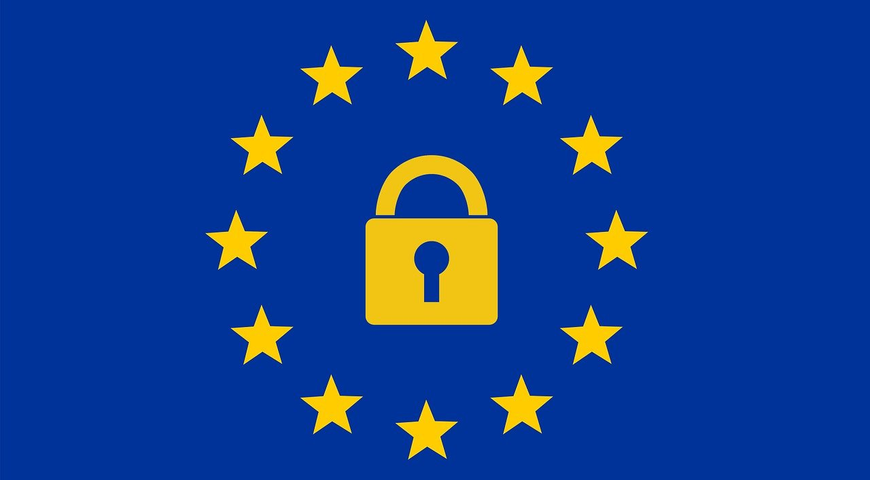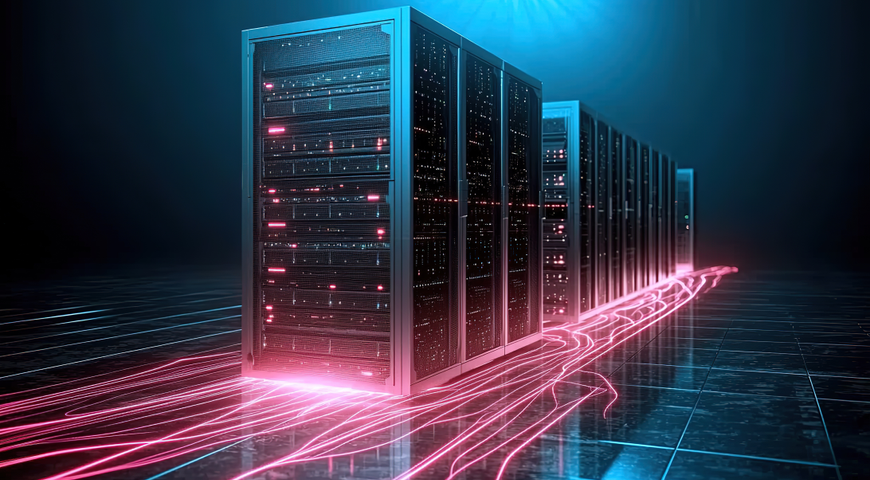The idea of a “backup” has been in place since man first started cherishing things that they valued. A smart caveman that loved a certain spear probably made an attempt to reproduce that in case it was to break. Since then we have changed a little, and there have been carbon copies, punch card backups, tape backups, etc. And for as long as electronic backups have been around, there have been relatively few major revolutions. Okay, sure, you can argue tapes, replication, virtualization, cloud and Big Data have all made people think about how they will back up the hybrid technologies. And every time a Sandy-like storm or major incident occurs, there’s always a sense of heightened awareness around backups and business continuity. But awareness doesn’t restore the data. I always love to hear about the people (and subsequent companies) that know that if they suffer a major data loss, they would be dead in the water, but still don’t change their habits after close calls.
There is a reason that the military, governments and even enterprise companies prepare for disasters by testing and retesting and running every possible worse-case scenario. And I have the feeling that most small businesses, as much as they value their data, do not put in even close to the amount of effort, time and money needed. But it’s never too late to start.
This is where some clarity is needed. Do you prepare for a Sandy-like storm, a rogue employee, fire or tornado? What about the new temp who spilled a latte on his laptop? It’s a lot to consider and a “do what you can” approach is not going to cover most scenarios. Then, there is budget to consider. Where on the scale do you put backups? Does this fall in line less than salaries but more than office supplies? I have seen companies spend more on free soda for employees than they spend on backups. My point is: An equal trade-off is needed. Determine your specific backup needs for REALISTIC possibilities but don’t forget about the option that something extreme could happen.
Take a look at all three flavors of backups, and remember: A backup is exactly that – a copy. Maybe it’s a copy from last night or from last week, probably on-site only – and it’s okay – but it won’t cure all. Disaster recovery is the ability to recover in the case of a disaster (duh). In this case, your data should be off-site and encrypted and that is more than the majority of your business neighbors. Those two words (off-site and encrypted) are the ounce of prevention in your pound of cure.
Then there is business continuity. According to Wikipedia: “Business continuity is the activity performed by an organization to ensure that critical business functions will be available to customers, suppliers, regulators, and other entities that must have access to those functions.”
Wow, suddenly, that feels like a responsibility when you add in customers and employees into the mix. It’s really about the preparedness. Things like having bare-metal recovery capability, secondary office locations, hardware on-call and an accurate, safe and reliable backup of mission-critical data. It doesn’t feel revolutionary, but in these days of where everything seems more important than backups, really, there’s nothing more important than the responsibility to keep your data intact and available.
Is your data adequately protected and accessible? Share now!
About Acronis
A Swiss company founded in Singapore in 2003, Acronis has 15 offices worldwide and employees in 50+ countries. Acronis Cyber Protect Cloud is available in 26 languages in 150 countries and is used by over 21,000 service providers to protect over 750,000 businesses.



